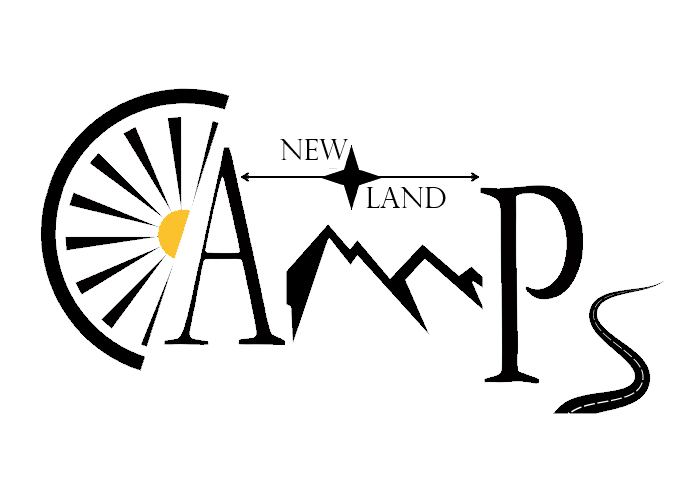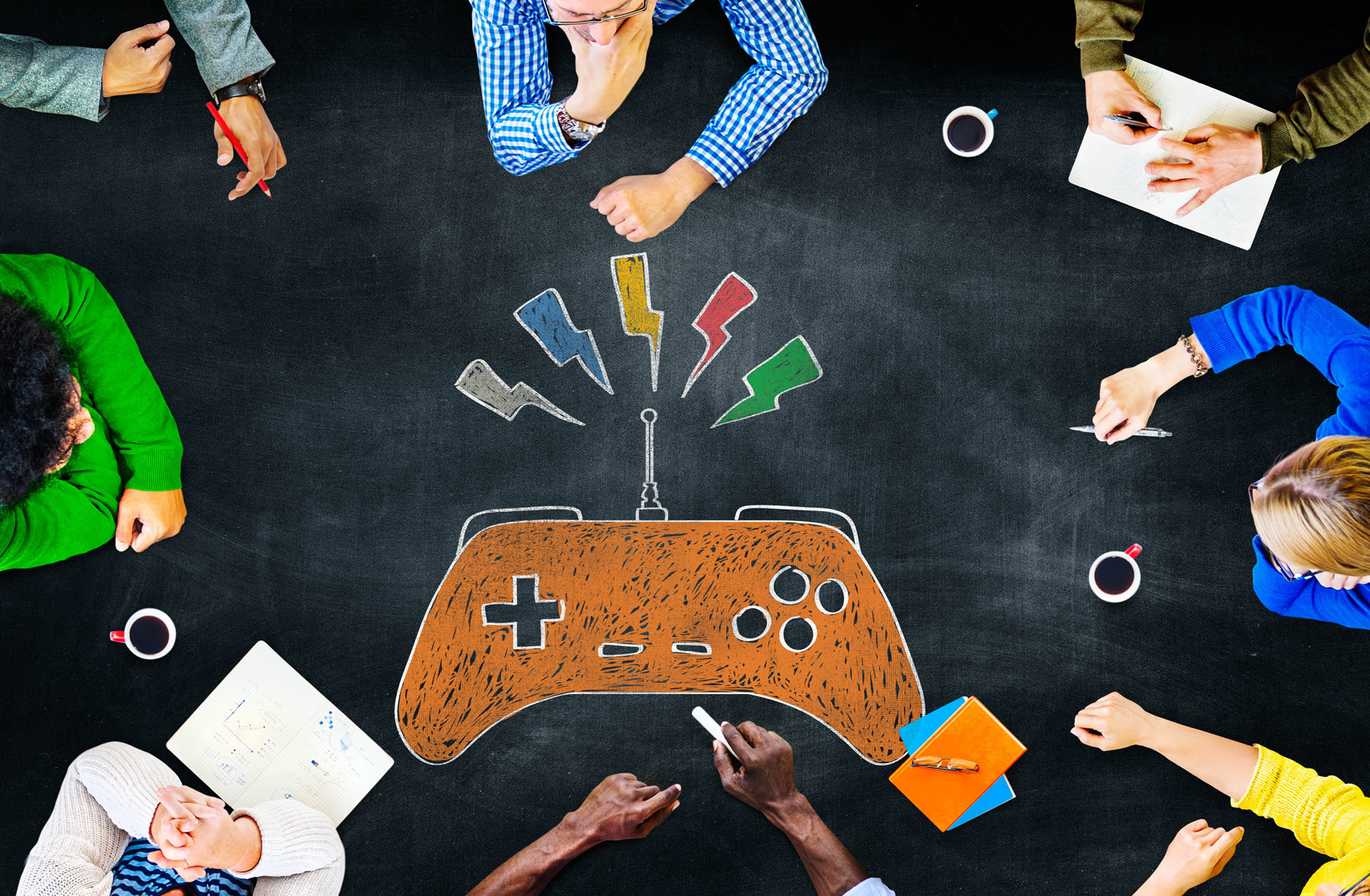"What's the point of this?" "How does this matter?" "Why are we doing this?" "Is this even relevant?" These are a few of the comments we have heard from students who are disengaged from the traditional education model. Is this surprising to you? In an increasingly demanding educational system, even teachers have been caught asking questions like this. Why?
Let's imagine the way that education is oriented currently: You are sitting with twenty or thirty peers in a classroom, facing forward, listening to a lecture. Maybe you get called on by the teacher to respond to a question or ensure you are 'paying attention'. Completing worksheets. Watching a documentary. Working on problems out of a workbook or off of a website. Some days you may be working with your classmates on group work or group problems. Every day you find yourself waiting for the bell so you can get outside and finally play with your friends and talk about ideas that actually interest you. When the next bell rings, you duck your head down and set yourself back to the classroom to repeat this again. Day in, day out. For twelve years! When you have memorized what you can memorize, you are tested on what you know by sitting quietly and marking down answers or working on problems all alone. Any seeking help or answers at this point is 'cheating'. Once you are categorized by your exam scores, the 'cream of the crop' may go on to AP classes, while the rest have discovered that perhaps they just aren't 'cut out' for academics. This is an educational model first pioneered in the days of the industrial revolution when people primarily worked in factories; finding themselves during the work day sitting beside their colleagues completing repetetive tasks until the bell rang to let them know it was time for lunch or shift change.
Today's world of work is entirely different for most people as robots have replaced most workers on the factory lines, for those few factory jobs haven't been outsourced to a different country altogether.
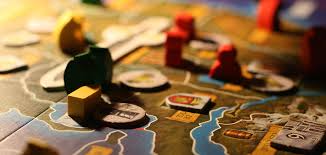
A Role Oriented Learning Environment takes advantage of the power of play and works with people's natural impulses for play and use of the imagination to help students and other learners alike become engaged with their learning process, powerfully connecting to what they are learning and its relevance for their lives. This is not just gamification, it is re-imagining education using the latest in human research. This is not a new idea. Taking from EduLARP, SimuLearning, Experiential Education, and Project-Based Learning, the ROLE Model is a powerful way to leverage student interests and bring what they are learning to life by creating a living, breathing connection between WHAT they are learning and real-world scenarios or situations. Using the story analogy to understand complex learning, NewLand Camps aims to bring people directly into the storycrafting process and helping them to take this more direct approach to learning for the rest of their lives! So what does it look like? What does using the ROLE Model entail?
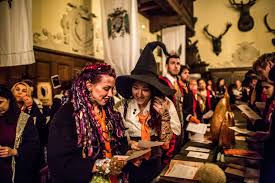

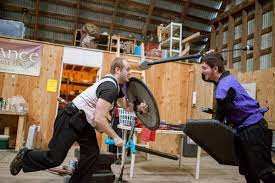
Imagine you are a business manager, a talent scout, an influencer, a scientist, a cyberspecialist, a viking, an ancient warlord, or almost anything you can imagine! If you can dream it, we will build it. Now you and your classmates can be transformed and transported into a different place or time. Set yourself against the scenario objectives and find your way to work together with the group to complete the quest, to sign the biggest talent, to re-build a civilization, to discover something entirely new!
Throughout this process that mixes play and academic education, students naturally find themselves engaging and practicing social-emotional learning and group performance. The question: "Why are we learning this?" almost never comes up. Why not? First, because it is fun! Whether you are a youth or an adult, there are few better reasons to engage with something than enjoyment of the experience. Secondly, the ROLE Model starts out by giving this 'why' information in the setting of any simulation or project. This connection is often the first that people make, and the best part is: its a reason that is often entirely personal for the people in the process!
Part of the mission of NewLand Camps is to increase people's engagement with learning. What naturally emerges from use of the ROLE Model is an educational setting that empowers learners, engages their interest, and reduces the kind of inhumane treatment that can often turn students AND teachers off from learning and detract from interest in school. By advocating for the use of the ROLE Model in other schools, adding to the body of research about how effective it is in promoting engagement and learning, and promoting its use throughout our many programs, NewLand Camps is set to revolutionize education!
Are you interested in helping with the mission or trying out the ROLE Model at your institution or camp? Call us today for a free consultation!
